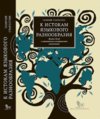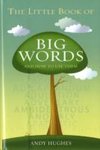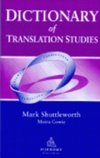
-
 Anglický jazyk
Anglický jazyk
Articulations of the Nuclear
Autor: Stephan Köhn
The dropping of atomic bombs on Hiroshima and Nagasaki on August 6 and 9, 1945 marked the beginning of a new era: the atomic age. Nuclear power has always been an extremely sensitive matter in Japan, and this is hardly surprising given that the Japanese... Viac o knihe
1 kus skladom u vydavateľa Posielame do 7-10 dní
44.46 €
bežná cena: 49.40 €
O knihe
The dropping of atomic bombs on Hiroshima and Nagasaki on August 6 and 9, 1945 marked the beginning of a new era: the atomic age. Nuclear power has always been an extremely sensitive matter in Japan, and this is hardly surprising given that the Japanese and, subsequently, American government censored information regarding its destructive power. So, while "evil" energy was successfully consigned to oblivion until the end of the allied occupation in 1952, "good" energy was enthusiastically encouraged by the government one short year later in the wake of President Dwight D. Eisenhower's famous Atoms for Peace-speech. Needless to say that the discursive division of the atom led to a division in society: on the one hand, those who were still suffering from the consequences of the bomb and on the other, those who were now striving for a new, comfortable middle-class life. The contributions examine the various forms of articulation of nuclear power - and the various actors involved from the early post-war period to the present day. They attempt to work out that the peaceful and the destructive power of the atom are two sides of the same coin. The triple disaster at Fukushima in 2011 made this all too clear and ultimately exposed the national myth of nuclear safety that had lulled post-war Japanese society into a false sense of security. A thorough reexamination of Japan's nuclear fallacy is needed now more than ever.
- Vydavateľstvo: Harrassowitz Verlag
- Rok vydania: 2024
- Formát: Paperback
- Rozmer: 241 x 174 mm
- Jazyk: Anglický jazyk
- ISBN: 9783447121996
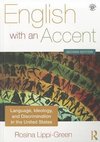


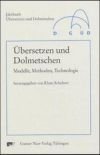
 Nemecký jazyk
Nemecký jazyk 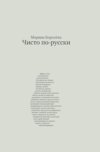
 Ruský jazyk
Ruský jazyk 

